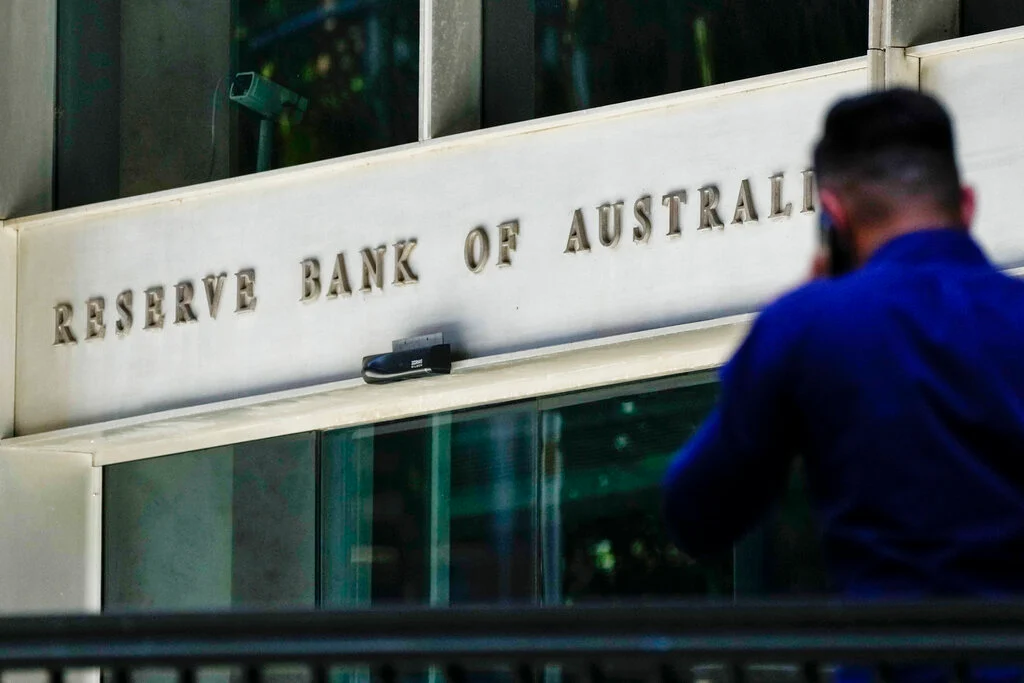NEWS & INSIGHTS | MORTGAGE BROKERS | PALM CAPITAL
Refinance Now or Wait? A 12-Month Outlook on Australian Interest Rates
With interest rates expected to fluctuate over the next 12 months, many Australian homeowners are wondering whether now is the right time to refinance their home loans. Refinancing can help you secure a better interest rate, reduce your monthly repayments, or access better loan features—but timing is key. In this article, we’ll provide a 12-month outlook on Australian interest rates and help you decide whether to refinance now or wait.
What Are Experts Predicting for Interest Rates in 2024?
Financial experts have varying opinions on the direction of interest rates in 2024. Here’s a breakdown of the main scenarios:
Here are some indicators that rate hikes may be on the way:
- Rate Increases: If inflation continues to rise, the Reserve Bank of Australia (RBA) may increase interest rates to cool the economy. Higher rates will lead to more expensive borrowing, increasing mortgage repayments for homeowners with variable-rate loans.
- Rate Stability: Some experts believe that rates may remain stable if inflation starts to ease and economic growth slows. In this scenario, refinancing could still be beneficial if you qualify for a lower rate or better loan terms.
- Rate Decreases (Unlikely): While a rate cut is unlikely, it could occur if there’s a major economic downturn or if inflation drops rapidly. If rates decrease, homeowners with variable-rate loans would benefit from lower repayments without needing to refinance.
Should You Refinance Now or Wait for Future Rate Changes?
Deciding whether to refinance now or wait depends on your personal financial situation and your outlook on interest rate trends:
- If You’re Worried About Rate Increases: If you’re concerned that rates will rise soon, refinancing to a fixed-rate mortgage now could save you money in the long term. Locking in a fixed rate will protect you from future rate hikes and provide stability in your monthly repayments.
- If You’re on a High Variable Rate: If your current mortgage is on a high variable rate, refinancing to a lower-rate loan could reduce your monthly repayments and help you save on interest costs over the life of the loan.
- If You Expect Rates to Fall: If you’re confident that rates will decrease in the near future, it may be worth waiting to see if you can secure a better deal later in the year. However, this strategy comes with risks, as rates could rise instead.
Factors to Consider Before Refinancing
Before deciding whether to refinance, it’s important to consider the following factors:
- Your Financial Goals: Are you looking to reduce your monthly repayments, pay off your loan faster, or access additional features like an offset account? Your refinancing decision should align with your long-term financial goals.
- The Costs of Refinancing: Refinancing can come with fees, such as break costs, exit fees, and lender application fees. Be sure to weigh these costs against the potential savings you’ll gain from securing a lower interest rate.
- Your Loan’s Remaining Term: If you’re near the end of your loan term, refinancing may not provide significant savings. However, if you still have many years left on your mortgage, refinancing could help you save on interest costs over time.
The Benefits of Refinancing Now
Refinancing your home loan now can offer several benefits, especially if rates are expected to rise:
- Locking in a Lower Rate: By refinancing to a fixed-rate mortgage, you can lock in a lower rate before rates increase, protecting yourself from future rate hikes.
- Lowering Your Repayments: Refinancing to a loan with a lower interest rate can reduce your monthly repayments, giving you more financial flexibility.
- Accessing Better Loan Features: Refinancing also gives you the opportunity to switch to a loan with better features, such as an offset account, redraw facility, or flexible repayment options.
The Risks of Waiting to Refinance
While waiting to refinance could pay off if rates decrease, there are risks involved in this strategy:
- Rates Could Rise: If rates rise instead of falling, you could end up paying more on your mortgage than if you had refinanced earlier. This could lead to higher monthly repayments and increased financial pressure.
- Missed Savings Opportunities: By waiting to refinance, you could miss out on potential savings from locking in a lower rate. Even a small reduction in your interest rate can lead to significant savings over the life of your loan.
Conclusion
Deciding whether to refinance now or wait depends on your personal financial situation and your expectations for interest rate movements in 2024. If you’re worried about rising rates or currently have a high variable-rate loan, refinancing now could help you secure a better deal and protect your finances from future increases. However, if you believe that rates will fall, waiting could help you access an even lower rate in the future. Speak to one of our mortgage brokers today to explore your refinancing options and make the best decision for your home loan.
Helpful resources.
Department of Finance
Australian Government
AFCA
Australian Financial Complaints Authority
Money Smart
Australian Government




